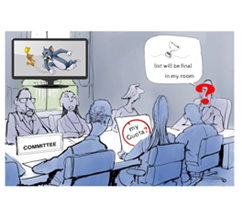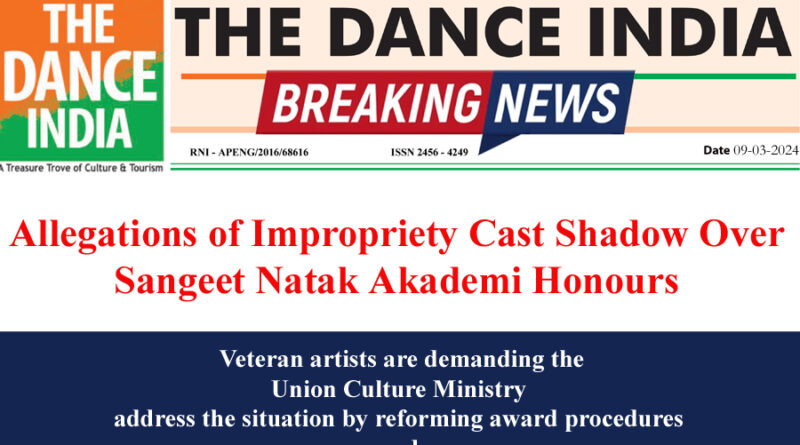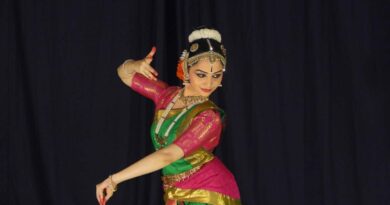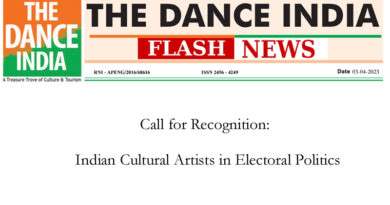Allegations of Impropriety Cast Shadow Over Sangeet Natak Akademi Honours
Veteran artists are demanding the Union Culture Ministry address the situation by reforming award procedures and establishing stronger ethics safeguards
New Delhi – The prestigious Sangeet Natak Akademi awards, India’s highest honours in the performing arts, have been clouded by allegations of personal interests influencing the selection process. Several anonymous complaints have surfaced claiming a few members of the Akademi’s general counsel engaged in unethical conduct to push forward certain candidates at the expense of more deserving artists.

The Sangeet Natak Akademi, an autonomous body under the Ministry of Culture, is tasked with preserving and promoting India’s rich traditions in music, dance, drama and other performing arts. Its annual awards, including the Akademi Ratna and Akademi Puraskar, are meant to recognize outstanding talents and lifetime achievements.
However, multiple whistleblowers have now alleged that a small clique within the general council wielded disproportionate influence over the selection committees’ decisions in recent years. Insiders claim this group pushed their associates, friends and disciples as awardees by exploiting personal connections and violating protocols around conflict of interest.
“Names of genuine masters were conveniently overlooked or relegated to the waitlist, while some frankly undeserving candidates were awarded top honours,” one anonymous complainant stated. “It’s an open secret that a few council members banded together to rig the process for their vested interests.”
Nonetheless, the allegations have cast aspersions on the credibility of the Akademi’s honours. Veteran artists are demanding the Union Culture Ministry address the situation by reforming award procedures and establishing stronger ethics safeguards. As India’s premier institution for performing arts, they argue the Sangeet Natak Akademi must be held to impeccable standards.
Arts critics warn that if such perceived conflicts fester, it could severely undermine public trust in the organization’s functioning and erode the prestige of its coveted awards.




